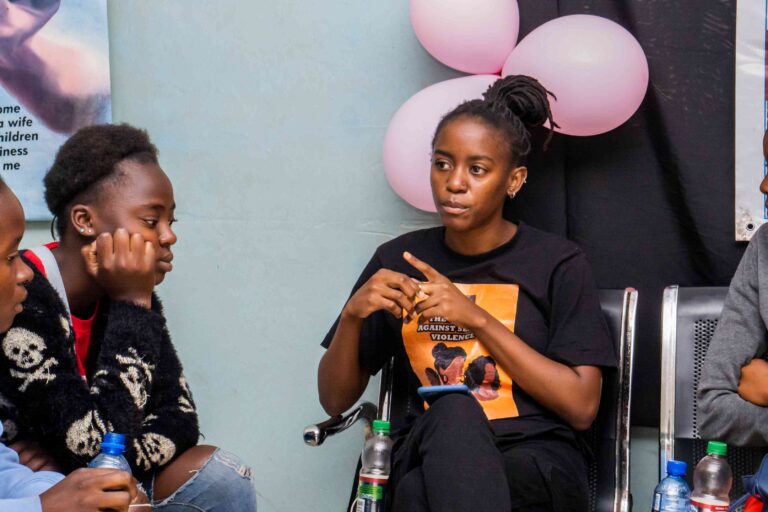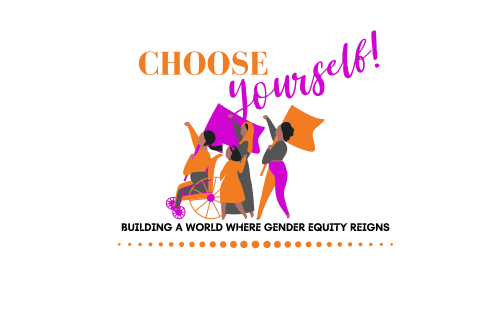Zambia is among the countries where SGBV cases are constantly on the rise, where victim blaming is the order of the day, and where traditional norms repeat that a woman or girl has no voice in what happens to her body.
For the past few years, Zambia has experienced an increase in sexual gender-based violence cases, with 99 percent of victims being women and girls and most of them being young underage girls.
In 2021 20,540 rape cases were reported and knowing how people do not bother reporting such cases one could predict that this number was even higher, it is safe to therefore say that SGBV in Zambia is a pandemic, and if proper interventions aren’t put in place it will only worsen.
Besides the increasing number, many of the victims, their close friends, and family do not have information on how to help themselves or someone that has been raped which has led to diseases and pregnancies that could have been prevented, furthermore the reporting channels in Zambia are not well known and so this further discourages victims and families to report these heinous crimes to relevant authorities. Young girls especially are at a disadvantage as the communities do not have youth-friendly spaces where information can be gotten and shared, and so it is important that conversations about what to do if someone is abused are had. They need to know where to go, what help can be offered, and also that they and their friends can get justice.
As part of our second GT Zambia activity, with the statistics and happenings in the country at the moment we settled on our theme easily, the young girls we sat down with were aged between 13-19 years, and who came from the same community called Bauleni and belong to a mentorship program called sisters keeper. With their community being one of the lower income ones in Lusaka city these conversations are important to them because resources on SGBV are scarce in the community and when we finally sat down to have the conversation it was on how they could be the help they needed.
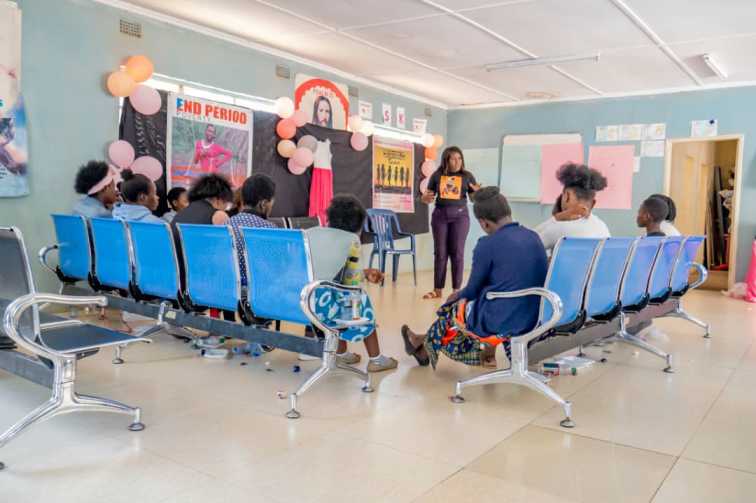
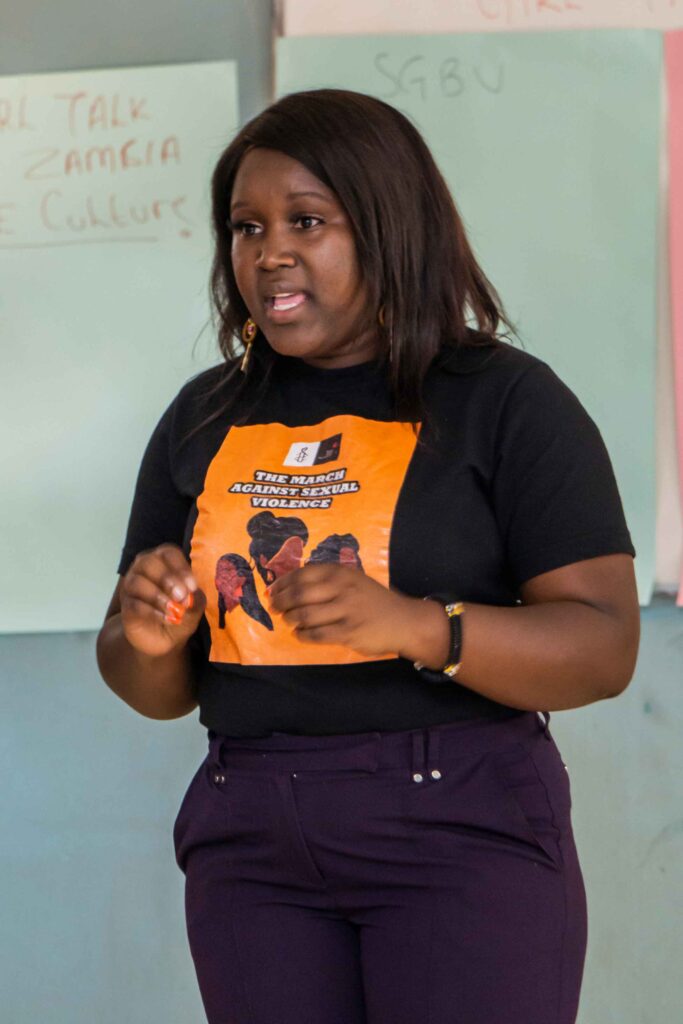
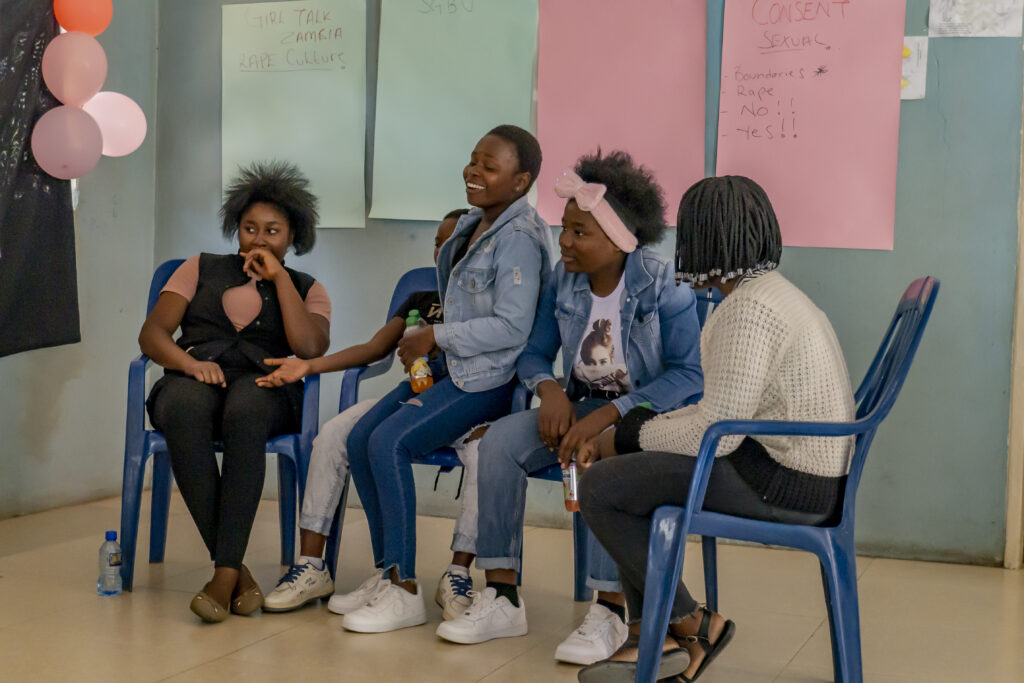
The common theme in the room was ‘’but we are just young girls, can we really make a difference? ‘’ Speaking to these young girls, one saw easily that they might not fully understand words like consent, and autonomy, but they knew something needed to change in their communities and lives.
We tackled SGBV first aid and what a survivor needed first after an assault or rape. We spoke about emergency medical attention like the emergency contraceptive to prevent pregnancy, PEP(post-exposure prophylaxis)which helps prevent HIV after possible exposure, and reporting channels in the Zambian context, some of these being the Victim Support Unit at the police stations and One stop centers at health care post. Furthermore, we also discussed how they can support a fellow girl or woman in a similar situation. Consent was discussed with a focus on when they can give consent, and most importantly raising awareness of the fact that consent can be withdrawn and that they can change their minds anytime they want.
Some of the challenges raised during the discussion were parents blaming the girls when assaulted because of the notion that they wore provocative clothing. The girls were also concerned about reporting a case of rape after many years, and expressed fear of being accused of wanting attention or money. We reassured them that whenever a survivor felt ready to report a case they could and all they had to do is go to the nearest police station and ask for a VSU(victim support unit) officer who would take down the report and further guidance on steps to take after, also emphasis was put on reaching out to us or counselors at their community health center for support in such times.
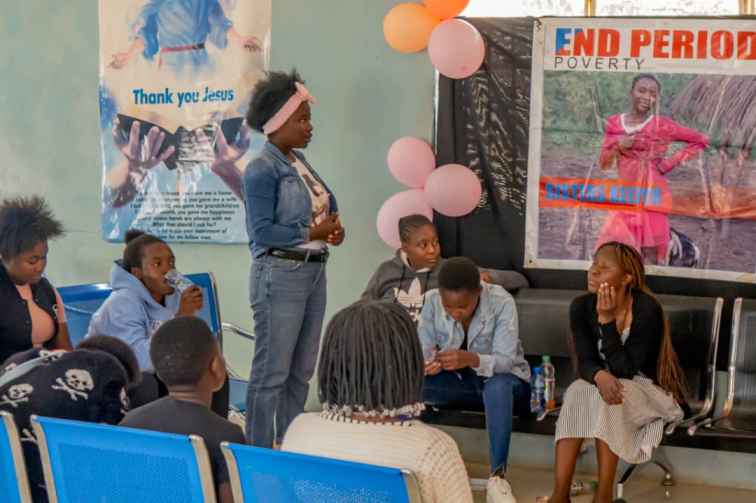
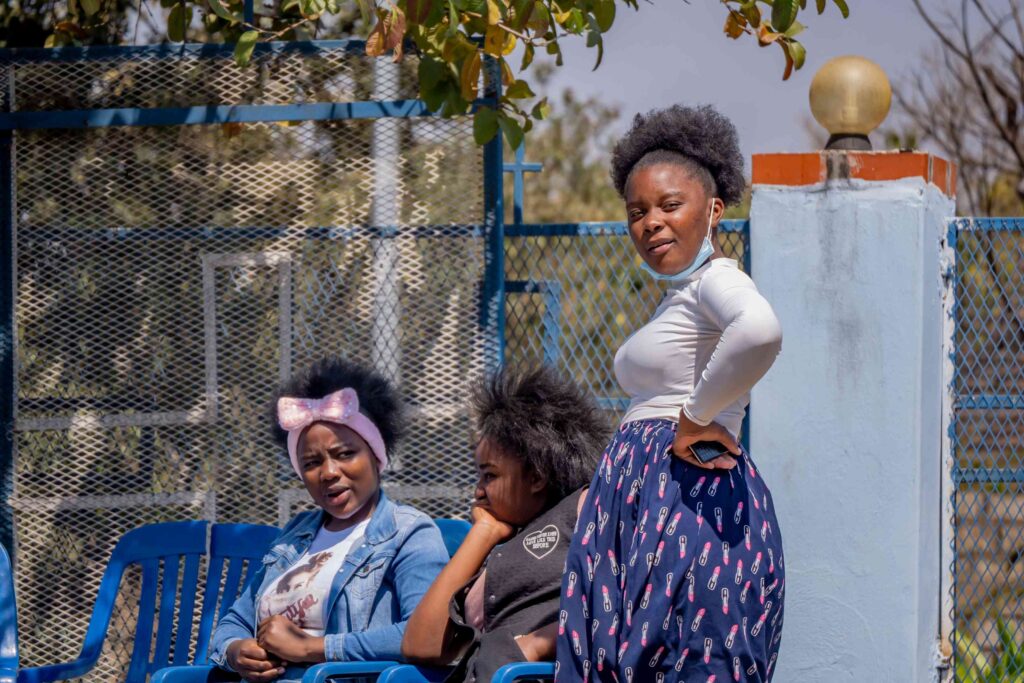
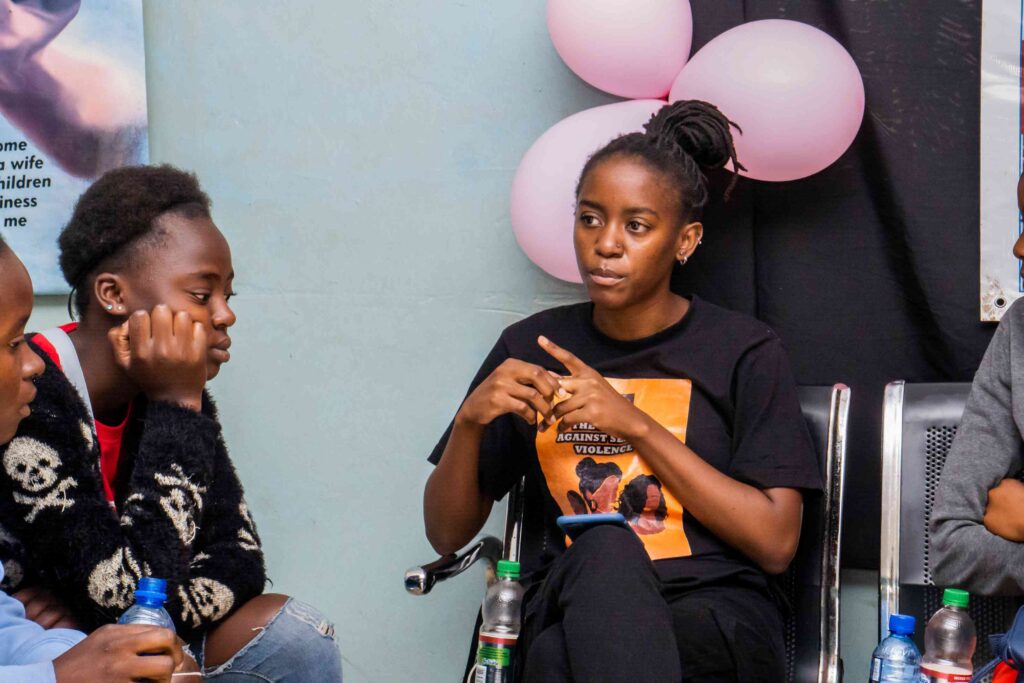
We asked them how they would help a friend who came to them and said they had been raped, one of them said “I would tell her I believe her and be with her as she goes to the hospital for medical care and if she wants to report go with her to the police station”- Ethel,15.
Solidarity closed off the meeting as the emphasis was made on how they all just wanted a safe space but also how they can provide that for themselves by believing victims, not slut-shaming, and always looking out for each other and a reminder that a mindset change will not happen overnight but over time and that every day they needed to remind themselves to always believe and stand with fellow girls and women, and hopefully we can see a better world altogether.
At the end of the session, the girls were all very happy and glad we had these conversations. They asked that we do more of these talks with them, as it gave them the confidence to go out and fight rape culture and spread the right information.
Author- Tendai Miti, GT Coordinator, Zambia.

